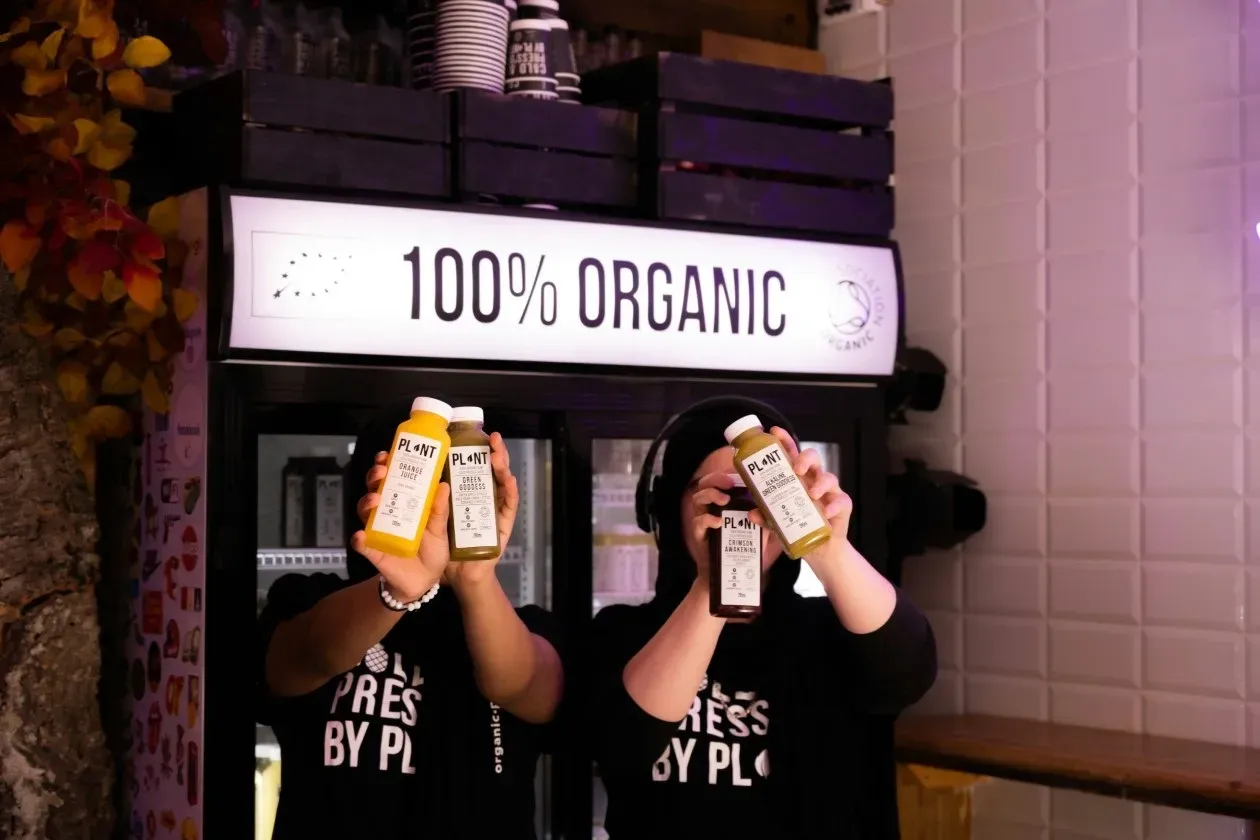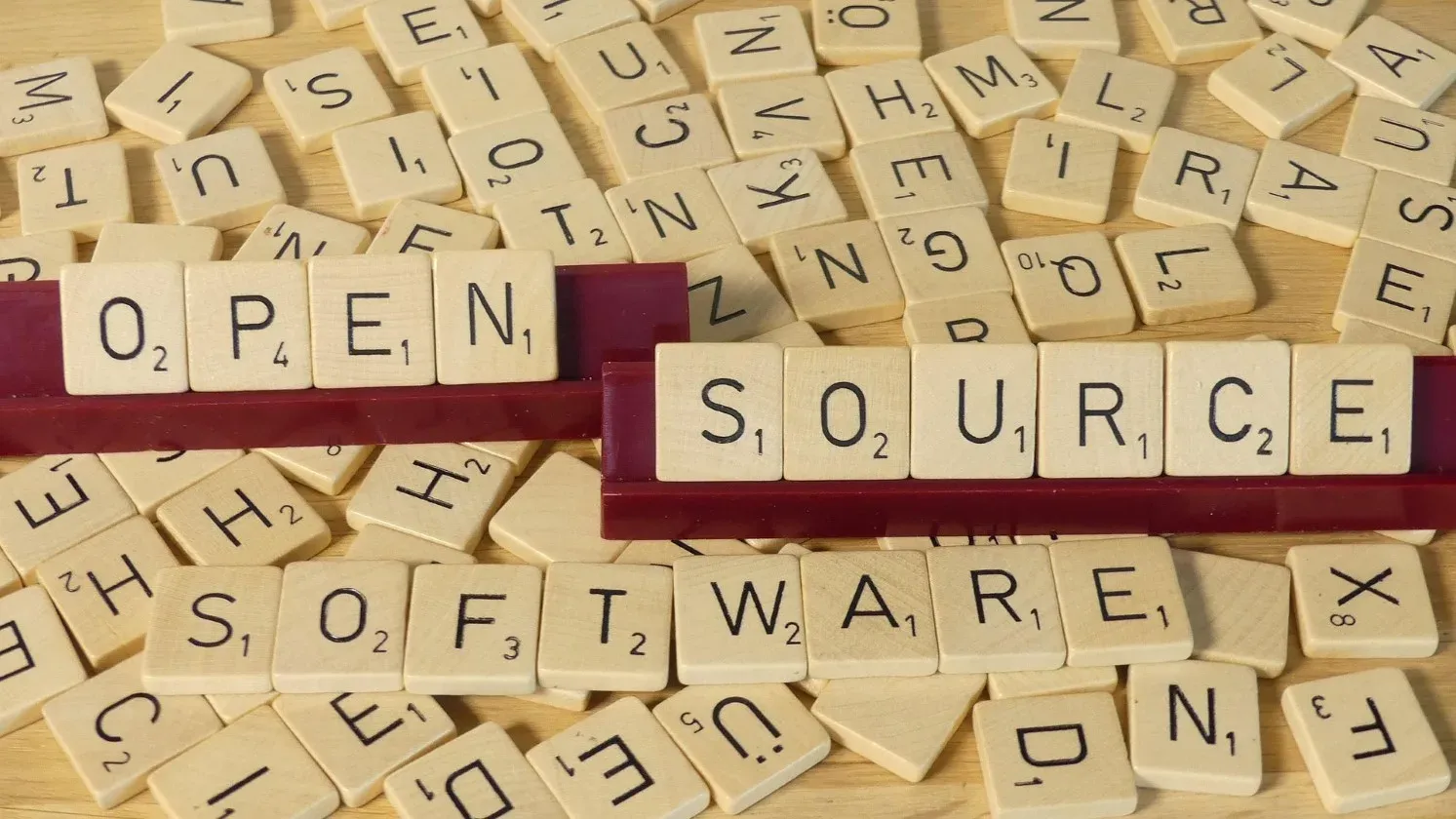Review: DoneGood vs. Fairphone – Which Ethical Platform Wins?
- 30 Nov, 2024
Finding the Right Ethical Platform Isn’t Easy
You want to make better choices. You’re tired of brands that say they care but don’t back it up.
But where do you even begin?
Some companies are great at marketing their ethics, but behind the scenes, things aren’t as clean. Others are doing real, impactful work but don’t get enough attention. That’s where platforms like DoneGood and Fairphone come in.
Both promise ethical shopping. Both claim to make the world better. But which one actually delivers?
This ethical platform comparison isn’t about surface-level claims. Let’s see which one truly deserves your support.
What Is DoneGood?
The Amazon for Ethical Shopping
DoneGood isn’t a brand. It’s a marketplace. Think of it as the ethical alternative to Amazon.
It brings together brands that follow strict ethical guidelines—fair wages, eco-friendly materials, and transparency. You can shop everything from clothes to home goods, all from businesses that care about people and the planet.
One cool thing? You can search based on values. Want only plastic-free products? Done. Need 100% vegan options? Easy.
Real Impact: The Parks Candle Co. Story
A great example is The Parks Candle Co., one of DoneGood’s sellers.
They make hand-poured soy candles with eco-friendly materials and donate 10% of their profits to national park conservation. Without DoneGood, they’d struggle to reach the right audience. But thanks to the platform, they’ve grown into a sustainable business.
This is what DoneGood does best—connecting small ethical brands with conscious shoppers.
What Is Fairphone?
The Smartphone That Fights Waste
Fairphone is a different beast. Unlike DoneGood, it’s a brand, not a marketplace. But it’s no ordinary brand.
Fairphone builds modular smartphones designed to last. If your battery dies, you don’t need a new phone—you just replace the battery. Cracked screen? Swap it out in minutes.
They also focus on fair wages for miners and factory workers. The phone industry is full of shady supply chains, but Fairphone ensures conflict-free minerals and fair pay at every step.
Real Impact: Repairing Instead of Replacing
A Fairphone user once shared how they dropped their phone, breaking the screen. Normally, this means an expensive repair or, worse, buying a new phone.
But with Fairphone, they ordered a new screen for ₹3,500, replaced it themselves in under 10 minutes, and the phone worked like new.
Now, imagine if all smartphones worked like this. How much e-waste would we cut?
Pricing: Are These Platforms Worth the Cost?
One common issue with ethical brands? The price. Let’s compare:
DoneGood: Price Varies by Brand
Since DoneGood is a marketplace, prices depend on the seller. Some are affordable, others are premium. For example:
- A Fair Trade t-shirt costs around ₹2,500.
- An organic cotton bedsheet set? About ₹6,000.
You can find discounts, but overall, DoneGood’s products cost more than mass-market alternatives.
Fairphone: Expensive but Justified
Fairphone is pricey upfront. The Fairphone 5 costs around ₹55,000—higher than many mid-range Android phones.
But it lasts twice as long as regular phones. Since you can replace parts, you won’t need a new phone every 2-3 years. In the long run, it could actually save you money.
Sustainability: Which Platform Does More?
DoneGood: Supporting Many Green Brands
DoneGood promotes zero-waste, plastic-free, and organic products. Since it partners with multiple brands, its sustainability impact is widespread.
But the challenge? DoneGood doesn’t control how these brands operate. It relies on vetting and trust. If a seller cuts corners, DoneGood can only remove them later.
Fairphone: A Circular Economy Leader
Fairphone directly designs and controls its products, ensuring sustainability from the start. They use:
- Recycled plastic & fair-trade gold in manufacturing.
- E-waste recycling programs in multiple countries.
- Modular parts to extend product life.
Their entire model challenges planned obsolescence, a huge issue in tech. Few companies do this as well as Fairphone.
User Experience: Which One Feels Better?
DoneGood: Familiar Shopping Experience
If you’ve used Amazon, DoneGood feels similar. Their site is easy to navigate, and filtering by values makes ethical shopping less overwhelming.
Fairphone: A Learning Curve
Fairphone is different from normal phones. The modular system takes some getting used to. If you’re not comfortable opening up gadgets, replacing parts might seem intimidating.
That said, they include repair guides, and the process is simpler than it looks. Most people get the hang of it quickly.
Which Ethical Platform Wins?
It depends on what you need.
- Want to shop ethically across multiple categories? DoneGood is for you.
- Want a phone that fights waste and lasts longer? Fairphone is unbeatable.
If you’re serious about ethical tech, Fairphone is the clear winner. But for general ethical shopping, DoneGood’s marketplace gives you more variety.
Either way, supporting these platforms sends a message: We care about where our money goes.
What About You?
Have you used DoneGood or Fairphone? Do you think ethical shopping is worth the extra cost?


